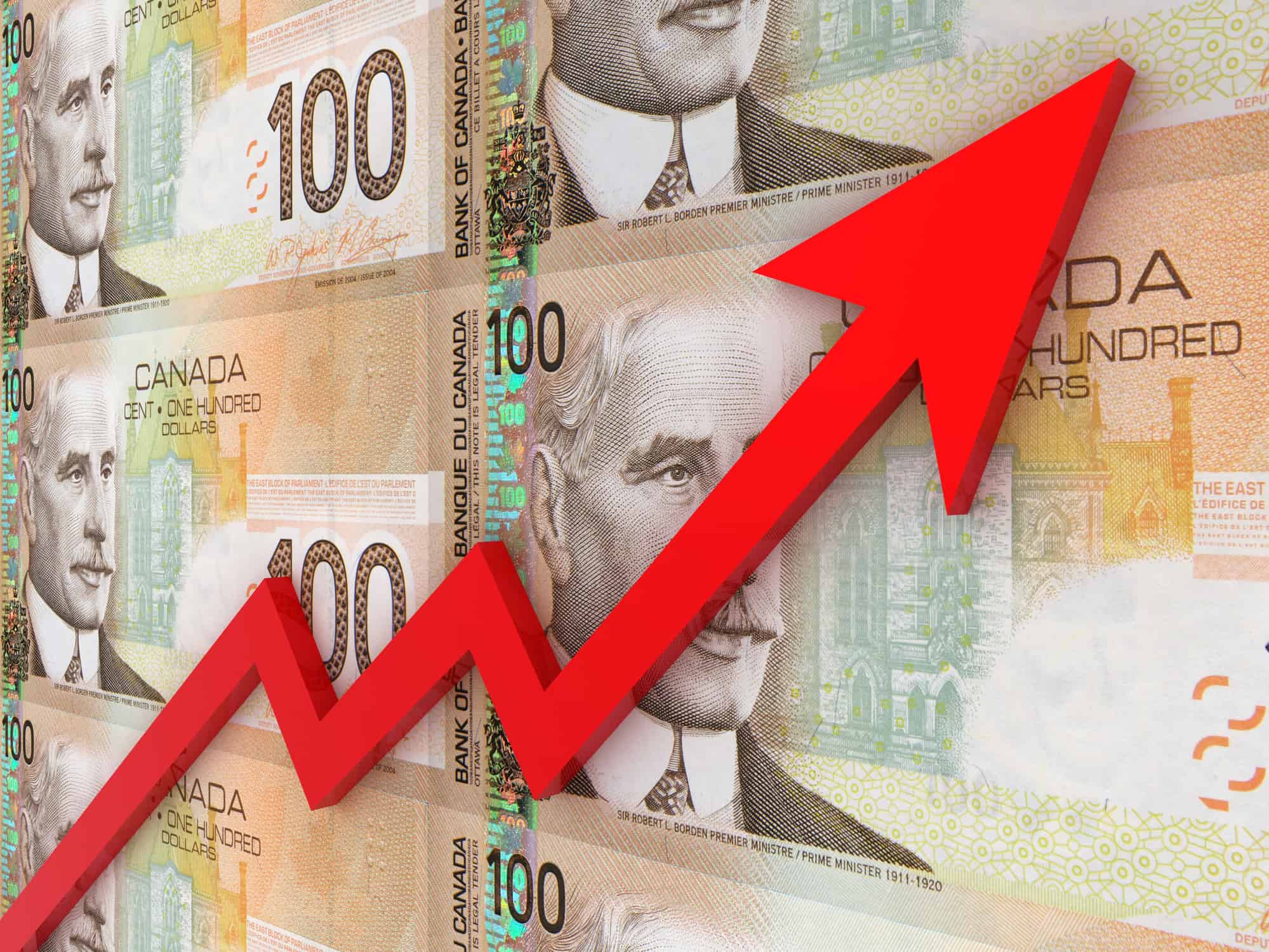Air Canada (TSX:AC) stock continued to trade below $18 despite the summer season. Instead of seeing a seasonal uptick, the stock attracted the attention of short sellers who expect the stock price to fall as rising operating costs and weak consumer demand subdue growth.
Air Canada faces short-term headwinds
Many airlines are hiking their salaries as the industry is facing a shortage of pilots. Salaries and airline fuel are two of the largest expenses of airlines, making up for more than 40% of their revenue. The wage hike increased Air Canada’s salary expense by a whopping 21% year-over-year in the first quarter.
Moreover, some of Air Canada’s existing fleet remained grounded due to a recall of Pratt & Whitney turbofan jet engines for inspection and repair. The grounding added to Air Canada’s overhead, increasing the aircraft maintenance cost by 21%. Higher operating expenses pushed the airline into a temporary net loss of $81 million.
Air Canada’s stock price surged past $20 till May 1 on the back of a seasonal rally. However, the first quarter earnings released on May 2 reversed its course, and the stock came crashing down 18% to less than $17 by June end. The airline reported a quarterly net loss in its earnings.
Investors fear a slowdown in growth
In the last two years, Air Canada has benefitted from limited capacity and strong demand. The limited capacity came as many airlines reduced their fleet size during the pandemic. And the new planes they ordered face delays because of production issues at aircraft maker Boeing. This limited supply increased airfares. There are fears that the trend of revenge travel that picked up when borders opened up post-pandemic would fade and air travel demand would normalize.
However, data from the Canadian Air Transport Security Authority shows no signs of a decrease in travel demand. The seven-day rolling average of passenger traffic at the largest airports in Canada increased by 4.8% year-over-year. The increase has made analysts optimistic about the airline. National Bank Financial maintains its Outperform rating on Air Canada, although it has reduced its target price from $30 to $28 amid concerns about stabilization in airfares.
What to expect from Air Canada stock in the next year?
Air Canada has significantly improved its fundamentals in the post-pandemic recovery. Its free cash flow and net profit have surpassed the 2019 levels. However, the industry is increasing its capacity, which could stabilize demand. Even Air Canada has ordered more planes.
A surge in salary expense has pushed the airline into a temporary loss, highlighting the vulnerability of its profits to any change in the industry. If demand falls, the increasing capacity could push the airline into another loss.
The next 12 to 18 months could see ups and downs in profits as the industry finds its new normal and Air Canada adjusts its operations accordingly. This volatility could keep the airline stock bound to the $18-$25 range.
What to expect from Air Canada stock in the next three years?
However, the mid-term future looks bright for Air Canada. The airline has proven its ability to manage costs, reduce debt, and improve efficiency. It has stood the test of time in the most difficult crisis (the pandemic). The airline industry might find its new normal in the next three years. Interest rates could fall, as the economy looks to be on the road to recovery.
In three years, Air Canada could significantly reduce its $12 billion debt and increase capacity to cater to growing demand. The stock could pick up steam and grow over the long term as it did during the 2016-2019 period when it surged 500%.
 Spring Sale
Spring Sale








